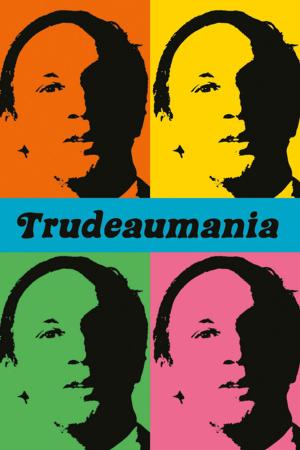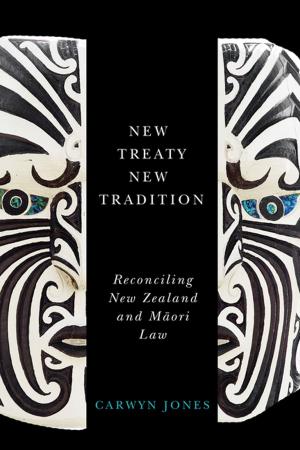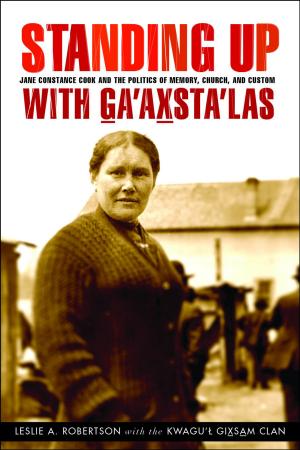Be Wise! Be Healthy!
Morality and Citizenship in Canadian Public Health Campaigns
Nonfiction, Health & Well Being, Medical, Reference, History, Canada, Health| Author: | Catherine Carstairs, Bethany Philpott, Sara Wilmshurst | ISBN: | 9780774837217 |
| Publisher: | UBC Press | Publication: | May 4, 2018 |
| Imprint: | UBC Press | Language: | English |
| Author: | Catherine Carstairs, Bethany Philpott, Sara Wilmshurst |
| ISBN: | 9780774837217 |
| Publisher: | UBC Press |
| Publication: | May 4, 2018 |
| Imprint: | UBC Press |
| Language: | English |
Lose weight. Quit smoking. Exercise more. For well over a century, governments and voluntary groups have run educational campaigns encouraging Canadians to adopt health habits that promise to prolong lives, increase our quality of life, cost the state less, and make us more efficient workers. Be Wise! Be Healthy! explores the history of public health in Canada from the 1920s to the 1970s, a period that saw a massive expansion of education programs through the Health League of Canada. The league, with roots in the moralizing social hygiene movement, urged Canadians to drink pasteurized milk, immunize their children, and avoid extramarital sex. It advocated fluoridating the water supply and counselled Canadians to see health as a responsibility of citizenship – with doctors and dentists as experts to guide them in that duty. Public health campaigns have reduced preventable deaths. But as Be Wise! Be Healthy! argues, such campaigns can also stigmatize marginalized populations by implying that poor health is due to inadequate self-care, despite clear links between health and external factors such as poverty and trauma. This clear-eyed study demonstrates that while we may well celebrate the successes of public health campaigns, they are not without controversy.
Lose weight. Quit smoking. Exercise more. For well over a century, governments and voluntary groups have run educational campaigns encouraging Canadians to adopt health habits that promise to prolong lives, increase our quality of life, cost the state less, and make us more efficient workers. Be Wise! Be Healthy! explores the history of public health in Canada from the 1920s to the 1970s, a period that saw a massive expansion of education programs through the Health League of Canada. The league, with roots in the moralizing social hygiene movement, urged Canadians to drink pasteurized milk, immunize their children, and avoid extramarital sex. It advocated fluoridating the water supply and counselled Canadians to see health as a responsibility of citizenship – with doctors and dentists as experts to guide them in that duty. Public health campaigns have reduced preventable deaths. But as Be Wise! Be Healthy! argues, such campaigns can also stigmatize marginalized populations by implying that poor health is due to inadequate self-care, despite clear links between health and external factors such as poverty and trauma. This clear-eyed study demonstrates that while we may well celebrate the successes of public health campaigns, they are not without controversy.















